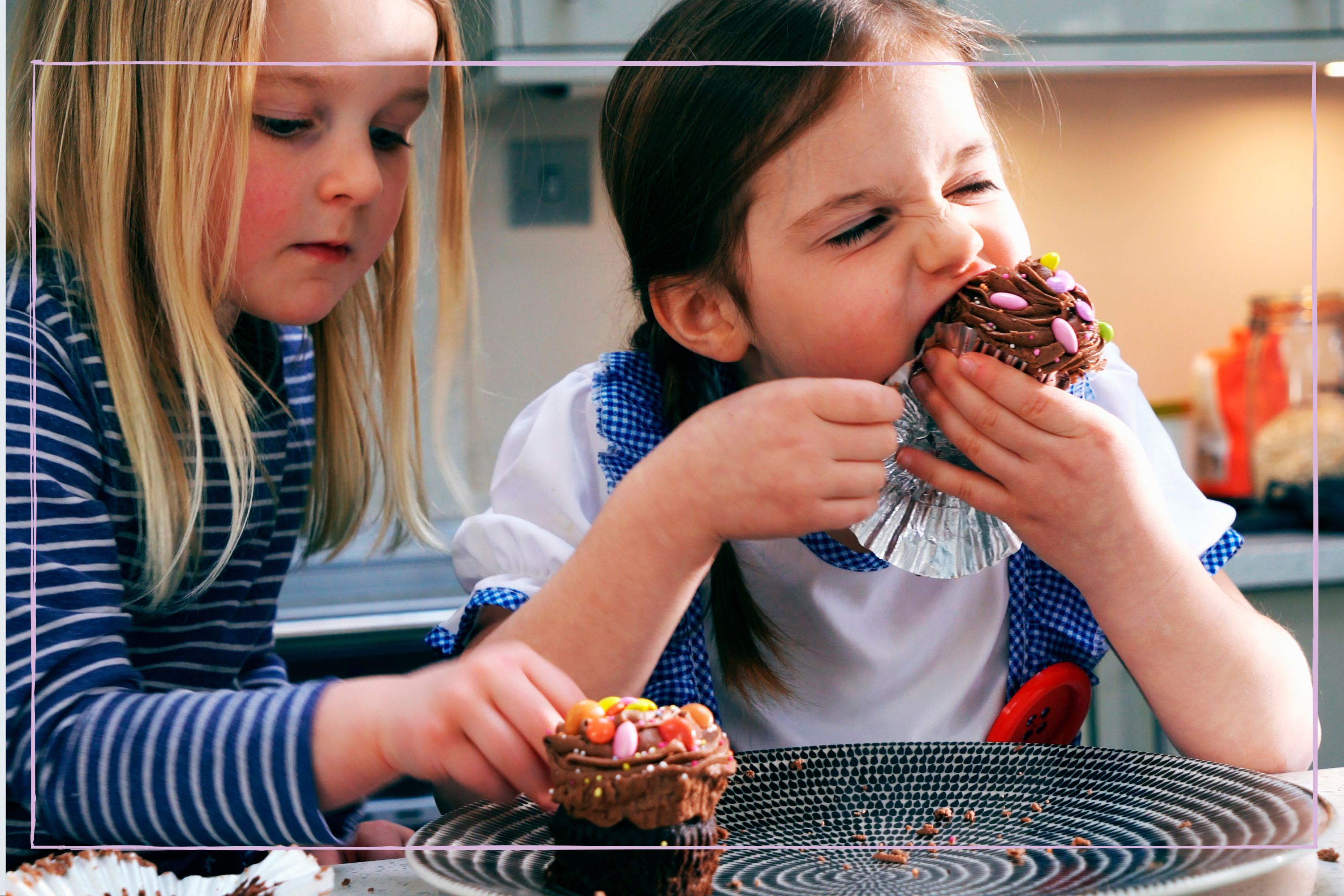Does sugar cause hyperactivity in kids? A nutritionist breaks down the 1970s myth - prepare to be surprised
It's long been believed that giving kids too many sweets leaves them bouncing off the walls and struggling to sleep, but is it actually true?

It often feels like the 1970s myth that sugar causes hyperactivity in kids is true, but what do the experts have to say about it?
Parents have long avoided giving kids sugary snacks and sweets, especially in the evenings, aligning their eating with the age-old belief that sugar causes hyperactivity in kids.
It's one of those tidbits that everyone just knows and agrees with, and it sort of makes sense, doesn't it? We know that there's a limit on how much sugar is a 'healthy' amount, with NHS guidance stating that children aged seven to 10 should have less than 24g a day, those aged four to six no more than 19g, and children under the age of four should avoid sugar-sweetened drinks and food with sugar added to it completely.
But according to a nutritionist, this isn't because sugar causes hyperactivity. Instead it's recommended to keep sugar to a minimum so kids can maintain a healthy, balanced diet and avoid unhealthy weight gain and tooth decay.
Lesley Kumar, a registered Dietician, Certified Nutrition Specialist, and Nutrition Consultant at Ringside24, told us here at GoodTo.com, "Research has shown that there is no link between sugar and hyperactivity in kids. The idea of linking sugar and hyperactivity in children dates to a solitary study carried out in 1970, where a doctor removed sugar from a child’s diet, and the child's behaviour improved.
"It was a solitary case and does not have any relevance today," Kumar added. "Since then, many studies have been conducted without finding any evidence that sugar causes hyperactivity in kids. In fact, some studies suggest that sugar has a calming effect on children because it produces serotonin."
So the idea that sugar causes hyperactivity is actually a myth from the 1970s that we're still all falling for. And what's even more surprising is that multiple studies dating back as far as 1995 have disproven the myth and we all just ignored them!
GoodtoKnow Newsletter
Parenting advice, hot topics, best buys and family finance tips delivered straight to your inbox.
These studies found that sugar does not affect the behaviour or cognitive performance of children by doing 'blind tests.' First, researchers gave kids sweets or placebo sweets, with no one knowing which children were given the real sugary treats. Then they asked the children's parents whether they thought their kids were hyperactive or not.
Despite many of the children being given faux sweets, all the parents believed their kids were hyperactive. This has been explained by many researchers who say that because so many parents believe that sugar does make kids overly hyper, they'll look for behaviours that verify this belief rather than contrast with it.
So why do kids get excited when they have sugar? Mostly it's because they tend to be given sweet treats in fun settings like birthday parties and these environments are inherently exciting places to be! Of course they're a little hyperactive.
In other family news, 1 in 4 children want to go on a diet - expert reveals how parents can teach their kids to celebrate and love their bodies. Plus, these are the best Bluey birthday cakes you'll want to make your Bluey-obsessed kids. And, help your tween identify if a friendship is the 'right fit' with these 11 questions, approved by a child development expert.
Charlie Elizabeth Culverhouse is a news writer for Goodtoknow, specialising in family content. She began her freelance journalism career after graduating from Nottingham Trent University with an MA in Magazine Journalism, receiving an NCTJ diploma, and earning a First Class BA (Hons) in Journalism at the British and Irish Modern Music Institute. She has also worked with BBC Good Food and The Independent.